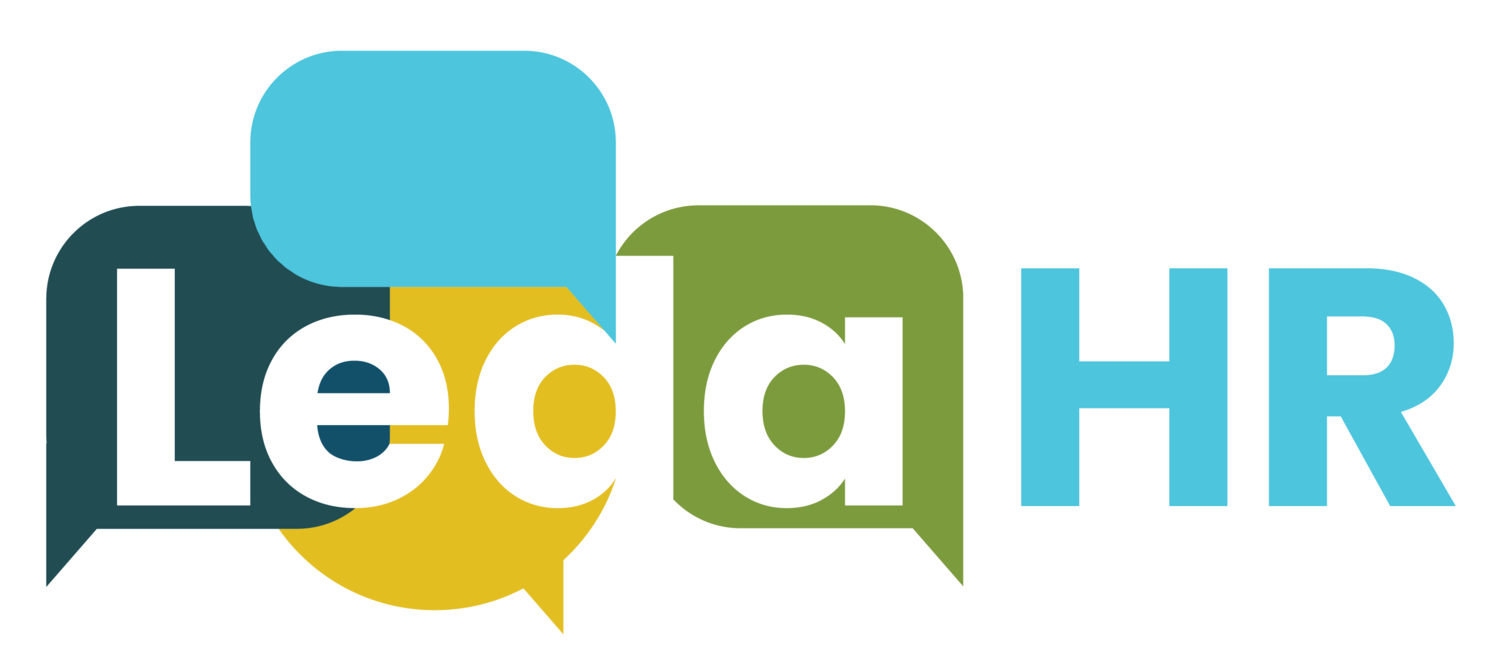The Taboo Topic of Menstruation in the Workplace: 4 Ways to be More Supportive!
Photo credit: Canva
By Lindsay Bissett
Some conversations just make us uncomfortable. Death? Politics? Money? Sex? Yup – uncomfortable.
One such topic is menstruation. Despite being a natural part of life for approximately half the population, menstruation remains shrouded in stigma and discomfort. Periods are often whispered about but rarely discussed openly. It’s time to stop using euphemisms like “Aunt Flo” or “shark week” and start calling it what it is: menstruation. These terms are silly and fun, but the reality is that many women suffer with their monthly menstrual cycle.
According to research via the government of Canada, one in six (17%) Canadians who menstruate have personally experienced period poverty; this rises to one in four (25%) if their household earns less than $40,000 a year. Additionally, according to a report by Deloitte, about 15% of women have experienced health challenges related to menstruation, and a shocking 40% of those who endure high levels of pain choose to push through their workday rather than take time off. Worse still, those who have disclosed menstrual health issues as a reason for taking time off have seen a year-over-year increase in the belief that their career was damaged as a result.
Going beyond period pain and poverty, is the additional knowledge that endometriosis approximately one million people in Canada, and can result in severe menstrual pain, chronic pelvic pain and infertility. According to EndoAct Canada, awareness of this condition is low because of menstrual stigma and taboo.
Changing the Conversation
Canadian company Knix is changing the conversation when it comes to menstruation. In their Spot Your Period campaign they are paying athletes to talk about their periods. Why? For a variety of reasons, one being because 1 in 2 teens skip sports to hide their period. They are dropping out of sports they love, ashamed of something normal. The more we talk about periods in sports, the more we normalize periods in sports, and workplaces, and everywhere.
Data from Women and Gender Equality Canada reveals there are still widely held misconceptions about menstruation, as well as negative attitudes held by a minority of the population. For instance, almost half of Canadians agree that periods make people physically weaker (45%) and less able to control their emotions (49%). Moreover, one in four agree periods are dirty and unclean, and about one in five agree menstruation should not be publicly discussed (22%) and menstrual products should be kept out of sight (22%). Making campaigns such as this, and normalizing conversations and supports for menstruation critical as we work to evolve into a more equitable society.
Encouraging open discussions about menstrual health challenges existing stigma. Foster a culture where talking about periods isn’t awkward. Use inclusive and positive language when discussing menstrual health, simple things like avoiding jokes or dismissive comments can go a long way. Normalizing discussions of menstruation doesn’t mean talking about it all day, every day, it means when people need or want to talk about it, they feel safe to do so.
Support Menstrual Health in the Workplace
Here are four ways to make your workplace more supportive and gender inclusive for people on their period:
Provide Menstrual Products: Consider offering menstrual products in workplace restrooms, including pain relievers (Advil, Midol, etc.) and hot packs. This simple gesture, part of initiatives like the Period Promise campaign, ensures that employees who find themselves in need have access to these essentials. It also helps combat period poverty and supports those who prefer discretion. Companies can also offer gift cards to those who menstruate for them to purchase period panties from Canadian companies like Knix or Aisle. It’s a small gesture that makes a big difference. Reminder, don’t assume who menstruates and who doesn’t, let employees self-identify.
Implement Flexible Policies: Explore policies that accommodate period-related discomfort, such as menstrual leave or flexible work arrangements. These policies can significantly impact employees who need them, promoting both comfort and productivity. Encourage taking time off for self-care, and don’t make anyone feel guilty about it. Although menstruation is a normal bodily function, some people may experience dizziness, nausea, migraines, and severe cramps during menstruation. In some cases, these symptoms can make it difficult to work. Sometimes, a day away from work is the best period care.
Supportive Supervision: Train managers to be understanding and flexible when team members are having a rough day. Everyone appreciates a little empathy. Focusing on psychological safety will be the key to supportive supervision and create a safe space where employees can be truly honest about what they are experiencing.
Training for Everyone: Offer basic training for all employees on menstrual health and workplace inclusivity. Educating everyone helps create a more understanding and supportive environment.
Addressing taboo topics in the workplace demands a balanced approach—just as varied as the experiences of menstruation itself. By actively challenging stigma and fostering open, empathetic conversations, we can create a supportive environment that champions both personal health and well-being and professional equity.
Let’s commit to implementing practical changes, such as providing menstrual products and flexible policies, while promoting ongoing discussions about gender equality. Together, we can ensure every employee feels respected, supported, comfortable, and empowered to bring an authentic version of themselves to work.
P.S. Want to learn more about how to foster workplace cultures that celebrate diversity and foster inclusion, equity, and belonging? Reach out to Leda HR today!
Lindsay Bissett
Lindsay is a human resources consultant who blends expertise with a passion for social media and mental health advocacy. She has extensive experience in equitable HR practices and fostering positive employee relations. A wife and mother of two, Lindsay delights in kitchen dance parties and glamping under the star.

